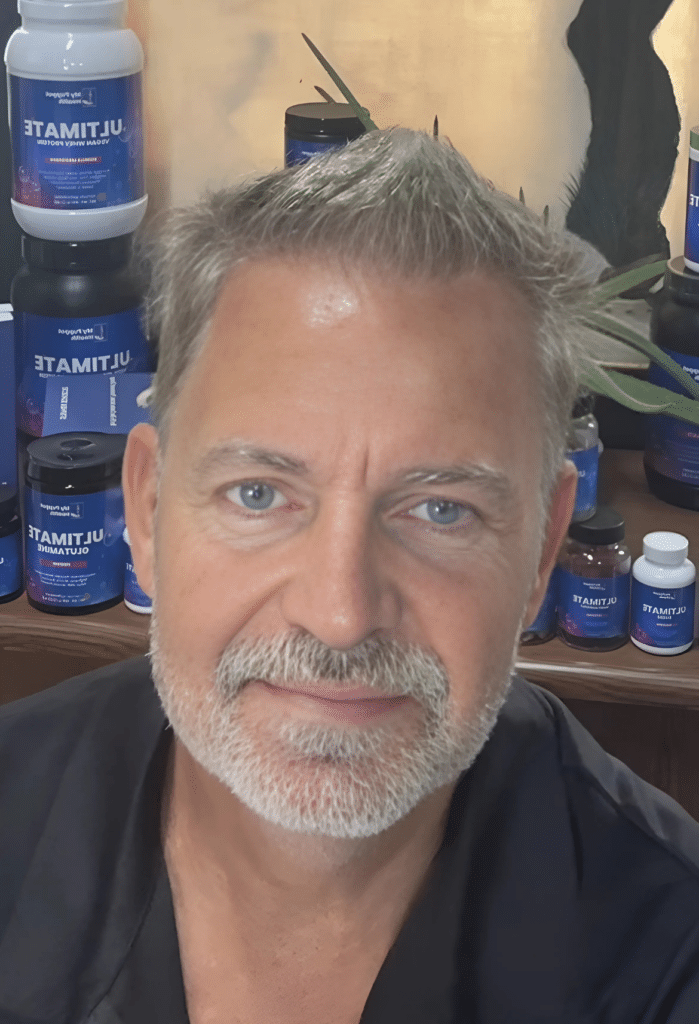In the realm of wellness and longevity, a groundbreaking concept is quietly changing how we approach aging and health. This transformative idea is the distinction between our chronological age—the number of years since our birth—and our biological age, a nuanced measure reflecting the state of our physical health. Stephen Seavecki, a wellness expert and the author behind The Success Protocol, has focused his career on exploring this complex subject. Through his work, Seavecki highlights possible distinctions between these two types of age and offers insights suggested for individuals interested in optimizing their health.
Chronological age is a fact marked by birthdays that come and go each year. However, biological age is more adaptable. It’s influenced by factors including genetics, lifestyle choices, and environmental exposures that collectively affect how we age at a cellular level. Some researchers believe that understanding this distinction might offer new perspectives on health and longevity.
To gauge one’s biological age, Seavecki discusses various testing methods that are said to provide insights into our body’s internal clock. Among these, DNA methylation tests are considered by some experts as methods for measuring epigenetic changes—alterations in gene expression caused by external factors without changing the DNA sequence itself. Other tests include assessments of telomere length (the protective caps at the ends of chromosomes) and comprehensive blood biomarker analyses, which together might help researchers better understand an individual’s biological aging process.
Seavecki’s current biological age is reported to appear younger than his chronological age. He follows a personal wellness approach that he believes may have a positive impact on biological aging.
The factors potentially influencing biological aging are multifaceted, encompassing stress levels, dietary patterns, physical activity, and sleep quality. Each factor may play a role in either supporting or challenging cellular health. For instance, studies suggest that chronic stress might affect cellular health by shortening telomeres, while balanced nutrition could potentially support mechanisms that are thought to help maintain youthfulness.
Embarking on a journey to potentially reduce one’s biological age begins with prioritizing core areas of wellness. Seavecki suggests adding anti-inflammatory foods into daily meals—such as colorful fruits and vegetables rich in antioxidants—and recommends lifestyle modifications to potentially improve sleep quality and manage stress through mindfulness practices.
He also encourages regular physical activity suited to an individual’s fitness level, as some researchers indicate that it may support cardiovascular health and could help manage stress. Sleep is another area of focus, as deep sleep cycles are considered by some experts to be important for cellular rejuvenation. Seavecki suggests aiming for seven to nine hours per night to support general wellness goals.

Photo Courtesy: Stephen Seavecki
As we navigate life’s stages, our bodies face challenges in producing certain compounds essential for optimal functioning—a common reality as people age. Many individuals may experience deficiencies in key nutrients, which are considered critical by some experts for maintaining cellular health. Additionally, modern lifestyles could expose individuals to environmental toxins that some believe may impact overall well-being.
Addressing these potential deficiencies may involve integrating a diet of nutrient-dense whole foods and, if recommended by a health professional, targeted supplementation. NAD+ boosters are sometimes explored by wellness experts for their possible role in mitochondrial function—the energy powerhouses of cells—which may impact energy levels and cellular vitality.
Detoxification practices, such as hydration and sauna use, are sometimes suggested as methods for potentially reducing toxin levels in the body. While our bodies naturally detoxify through organs like the liver and kidneys, some individuals choose to integrate these practices to complement their wellness routines.
Stephen Seavecki encapsulates his philosophy on wellness: “Health optimization isn’t just about adding years to your life; it’s about adding life to your years.” This perspective underpins The Success Protocol, offering readers suggested strategies to make more informed choices for wellness.
For those interested in learning more about Stephen Seavecki’s approach to wellness, visit mypuppethealth.com.
Disclaimer: This content is for informational purposes only and is not intended as medical advice, nor does it replace professional medical expertise or treatment. If you have any concerns or questions about your health, always consult with a physician or other healthcare professional.
Published by: Annie P.









